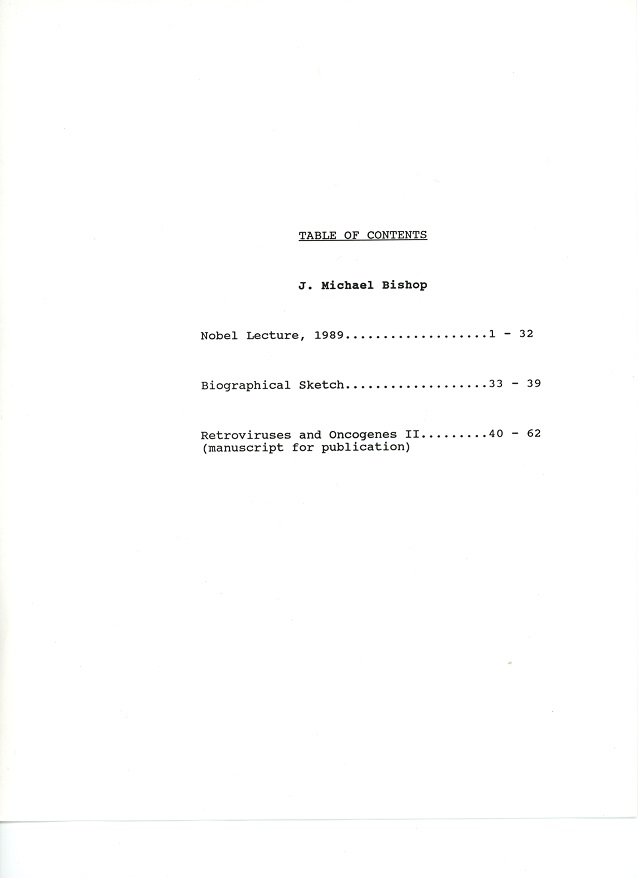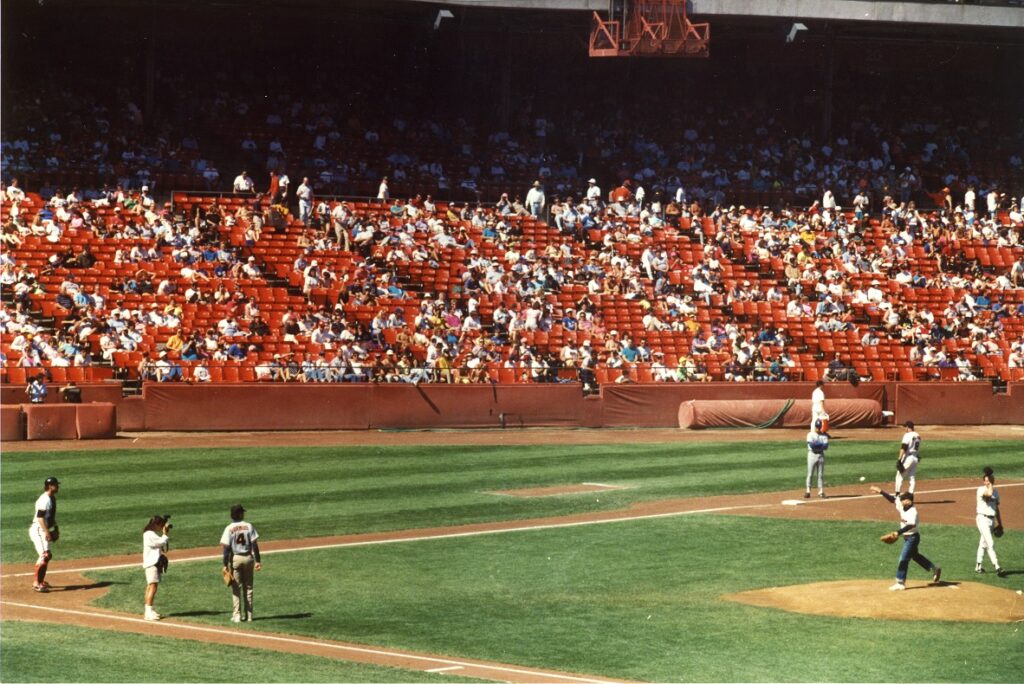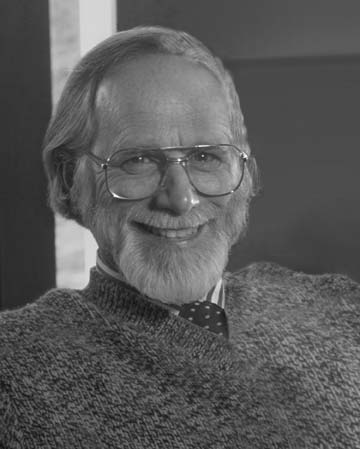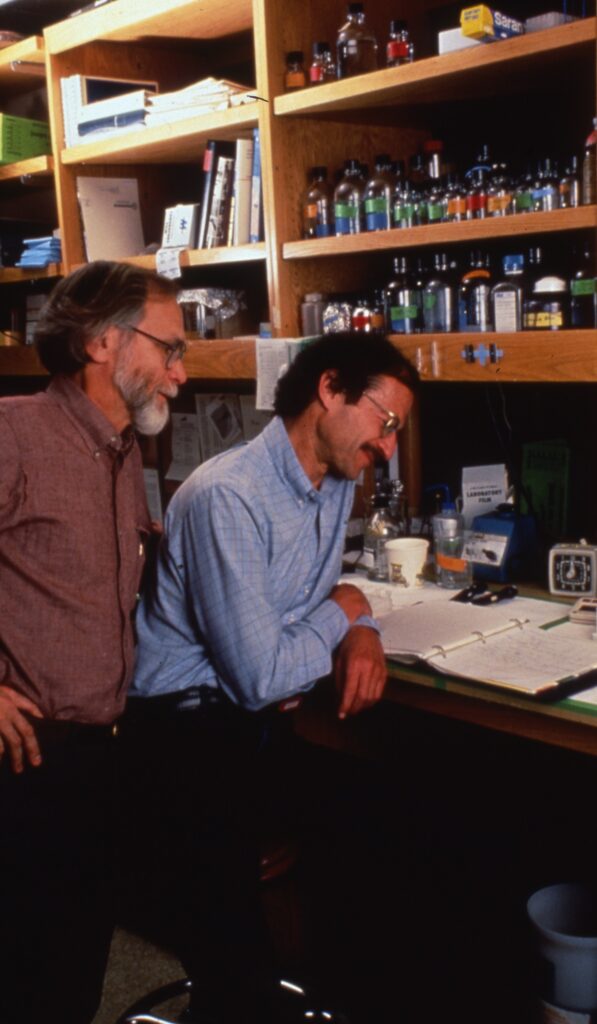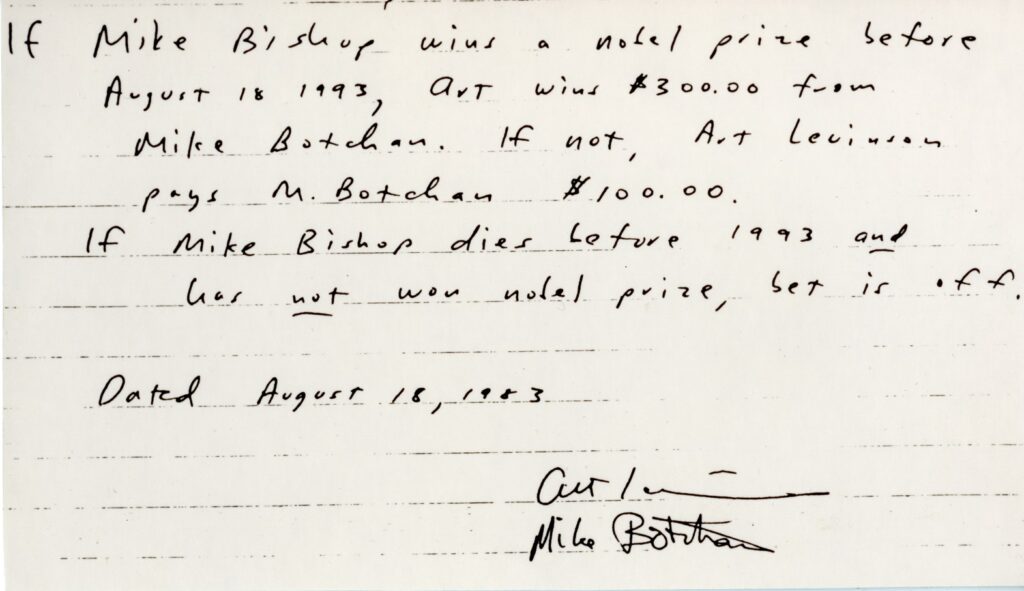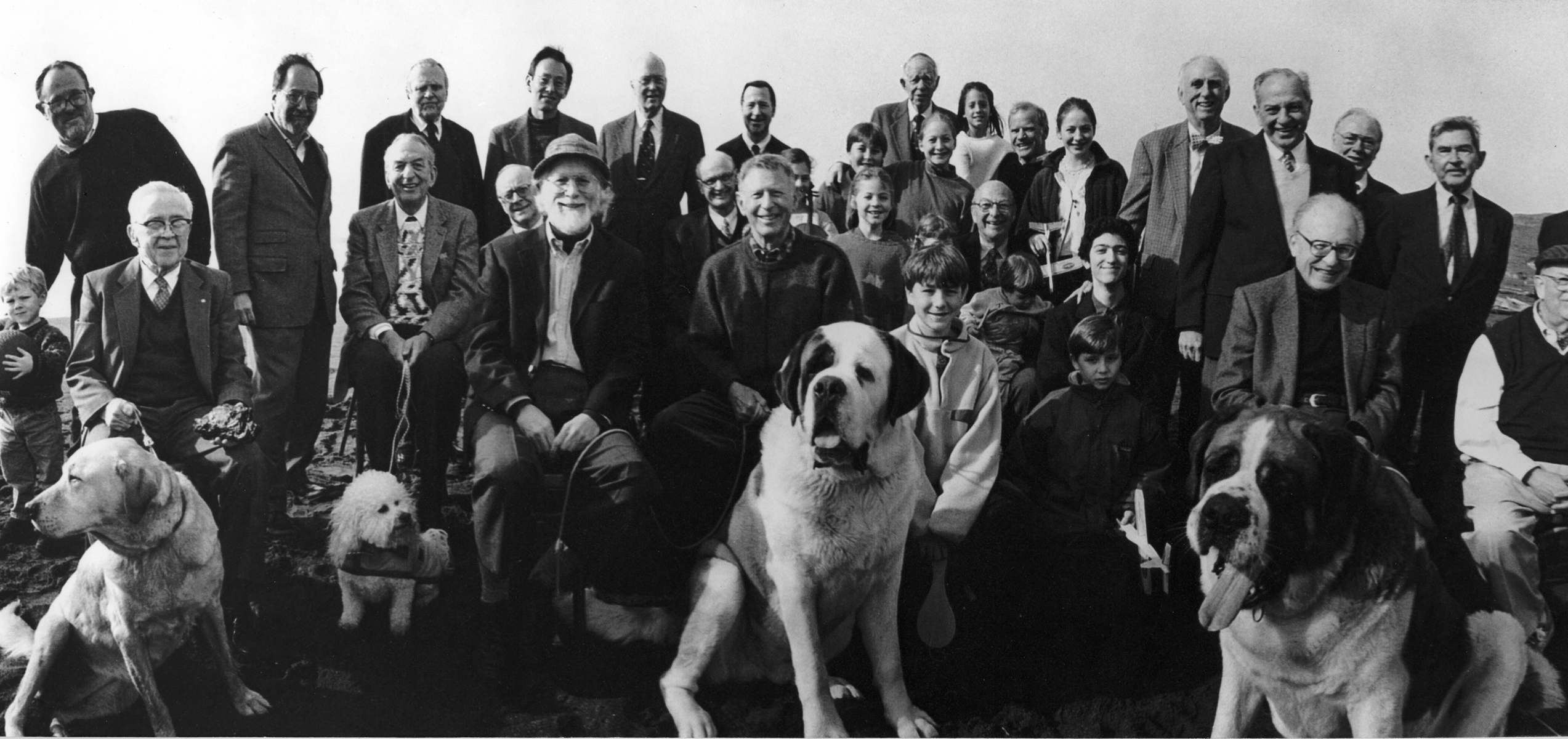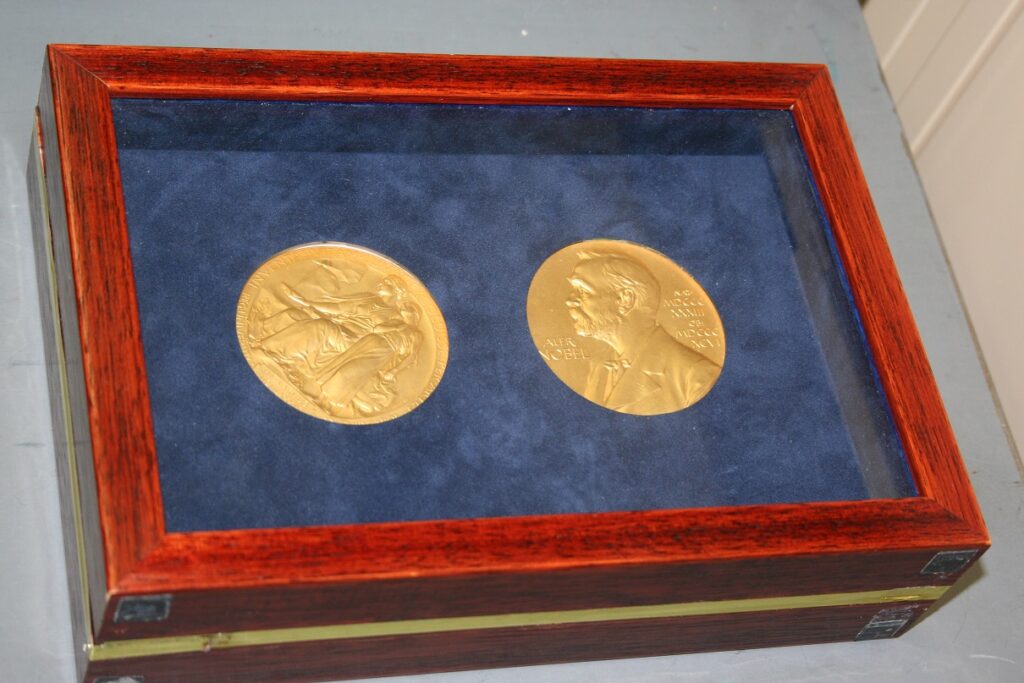Join us on Monday, October 13th as M. Michael Thaler, M.D., M.A. (Hist.) gives a lecture in a series launched by UCSF Archives & Special Collections.
Date: Monday, October 13th, 2014
Time: 12 pm-1:20 pm
Location: Lange Room, UCSF Library, 530 Parnassus, 5th floor
This lecture is free and open to the public.
Please RSVP to reserve a seat.
Shimkin’s “Lost Colony” (1947-1953): Early Interdisciplinary Cancer Research at UCSF
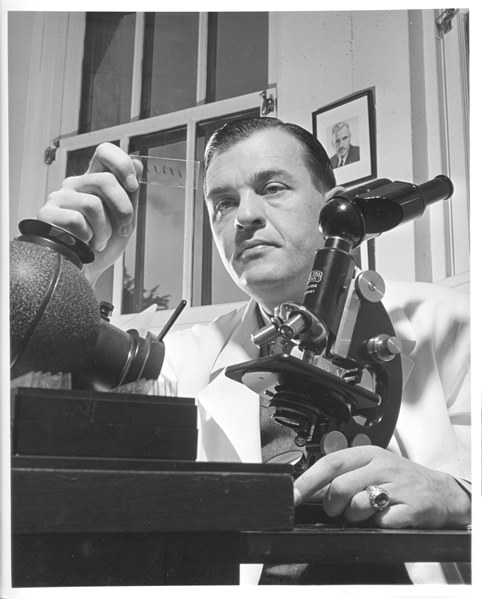
Michael B. Shimkin, Director of the Laboratory of Experimental Oncology at UCSF, 1947-1953
The Laboratory of Experimental Oncology (LEO) was established in 1947 at Laguna Honda Hospital in San Francisco as a “colony” of the National Institutes of Health, to be jointly administered by the National Cancer Institute (NCI) and UCSF. The LEO was the brain child of Michael B. Shimkin, a career U.S.P.H.S. physician and cancer researcher at the NCI. Shimkin was a native San Franciscan, having successively graduated from Lowell High School, UC Berkeley and UCSF. After 8 years at the NCI and war service, Shimkin returned to his native city and alma mater as ideal environments for a “combined” interdisciplinary clinical and basic research unit embedded in a medical school and staffed by full-time research teams of M.D.’s and Ph.D.’s. These unprecedented ideas directly challenged the traditional separation between patient care and laboratory research. Shimkin introduced a ‘release’ form that fully informed patients with terminal cancer admitted to the LEO about the incurable nature of their illness, and clearly distinguished between therapeutic and experimental procedures. This prototypical “informed consent” approach met with mounting resistance from the clinical faculty. In response, Shimkin organized a symposium at UCSF in October 1951 on the subject on human experimentation. In his presentation, Shimkin became the first American physician to draw on the injunctions from the recently concluded Nuremberg trials against German physicians who had conducted medical experiments in Nazi concentration camps, as a source of universal guidelines for the ethical conduct of experiments with human subjects. The LEO treated 500 patients and generated over 130 publications before being replaced by the Moffitt-based Cancer Research Institute in 1953.
About M. Michael Thaler
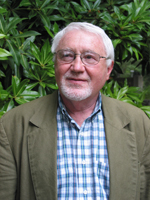
M. Michael Thaler, M.D., M.A. (Hist.)
Michael Thaler received his M.D. from the University of Toronto, trained in pediatrics, pediatric pathology and internal medicine, and completed research fellowships in cell biology at Washington University and in developmental biology at Harvard University. As professor of pediatrics at UCSF, he established the first academic division of Pediatric Gastroenterology, Hepatology and Nutrition in North America, was awarded the first NIH Research Career Development Award in Pediatric Gastroenterology, and was P.I. of the foundational NIH Research Training Program grant in Pediatric Gastroenterology. He also directed the Laboratory of Pediatric Hepatology and served as associate director of the UCSF Liver Center. His publications include approximately 200 clinical and basic research articles on perinatal bilirubin metabolism, infantile cholestasis syndromes, Reye’s syndrome, and bile salt metabolism. As professor emeritus, he earned a M.A. degree in History of Health Sciences at UCSF in 1998, and received appointments as Visiting Scholar at the Stanford Center for Bioethics, and Research Associate at the Stanford Center for History and Philosophy of Science. For the next 12 years, he taught undergraduate courses on the history of medical sciences as Visiting Professor of History at UC Santa Cruz and UC Berkeley. He continues to lecture at the Osher Life Long Learning Institute in Berkeley, and for the fellowship program in Pediatric Gastroenterology at UCSF. His awards include the UCSF Chancellor’s Faculty Award for Public Service and the Shwachman Lifetime Achievement Award in Pediatric Gastroenterology. He presently serves as president of the UCSF Emeriti Faculty Association.
About the UCSF Archives & Special Collections Lecture Series
UCSF Archives & Special Collections launched this lecture series to introduce a wider community to treasures and collections from its holdings, to provide an opportunity for researchers to discuss how they use this material, and to celebrate clinicians, scientists, and health care professionals who donated their papers to the archives.

